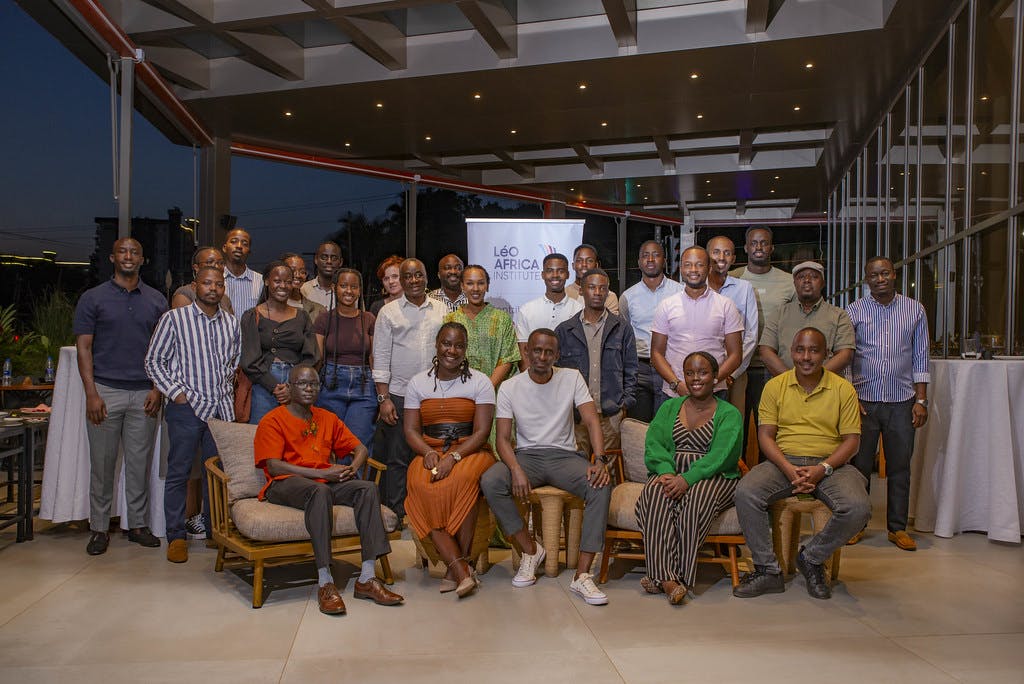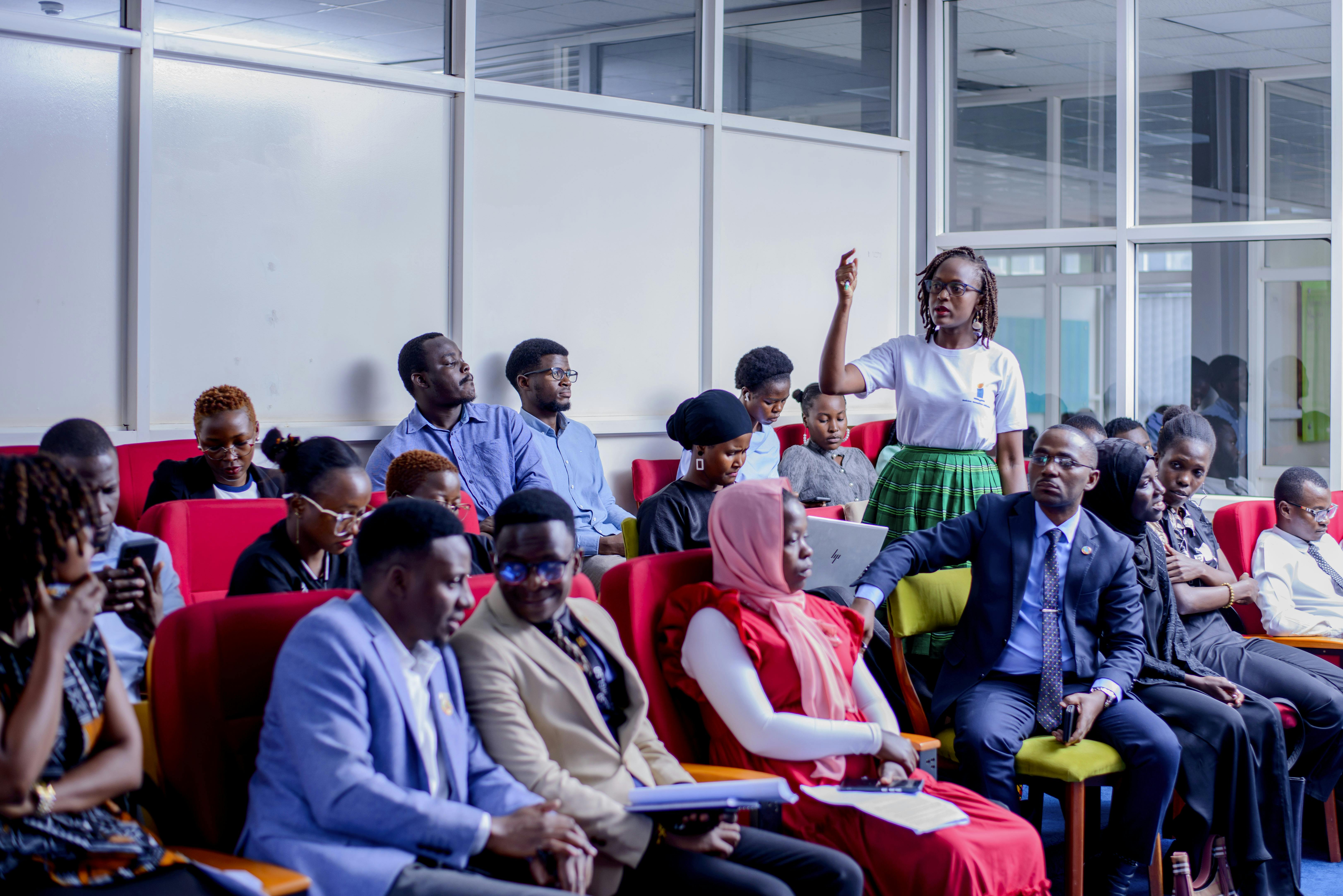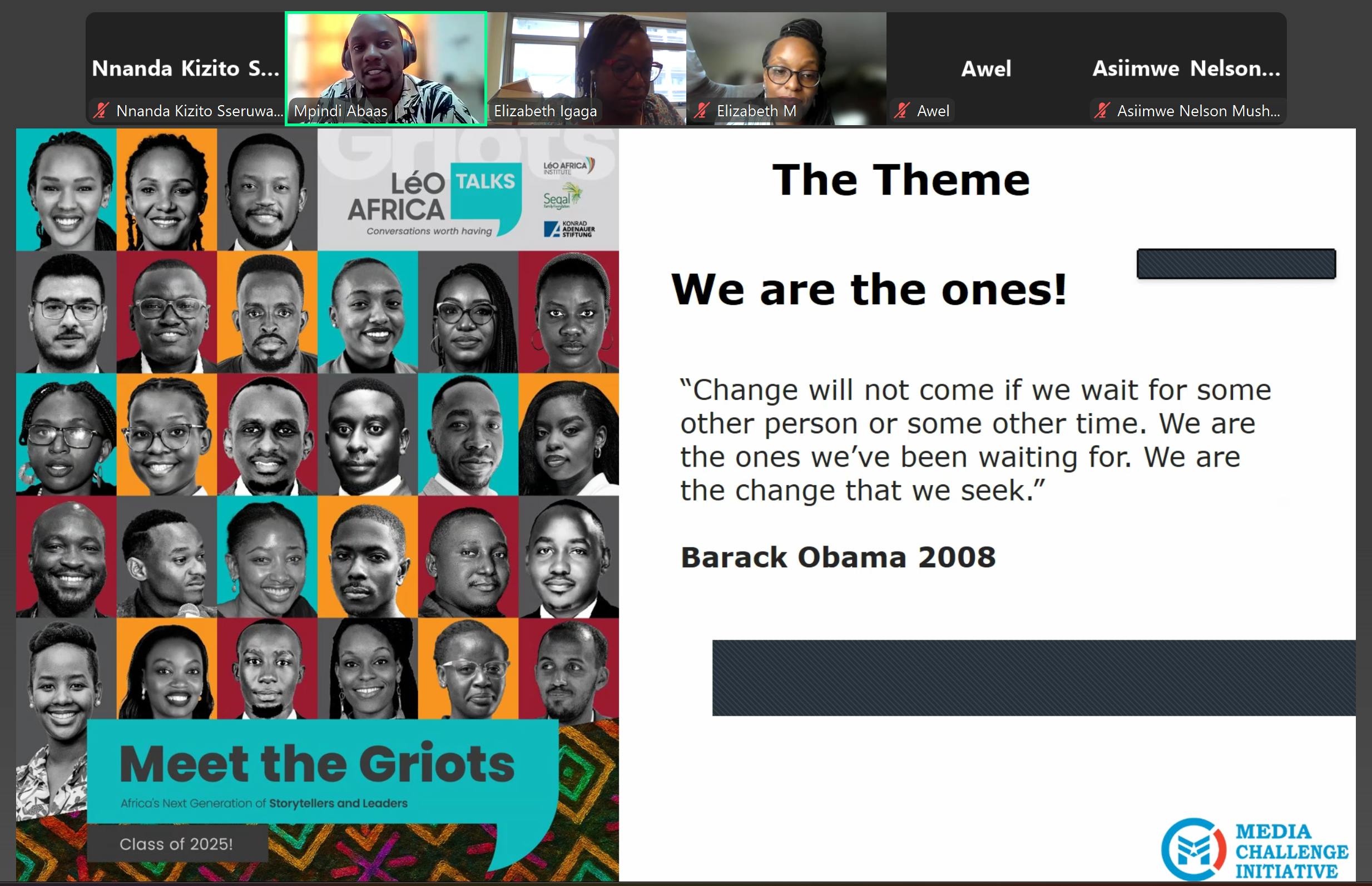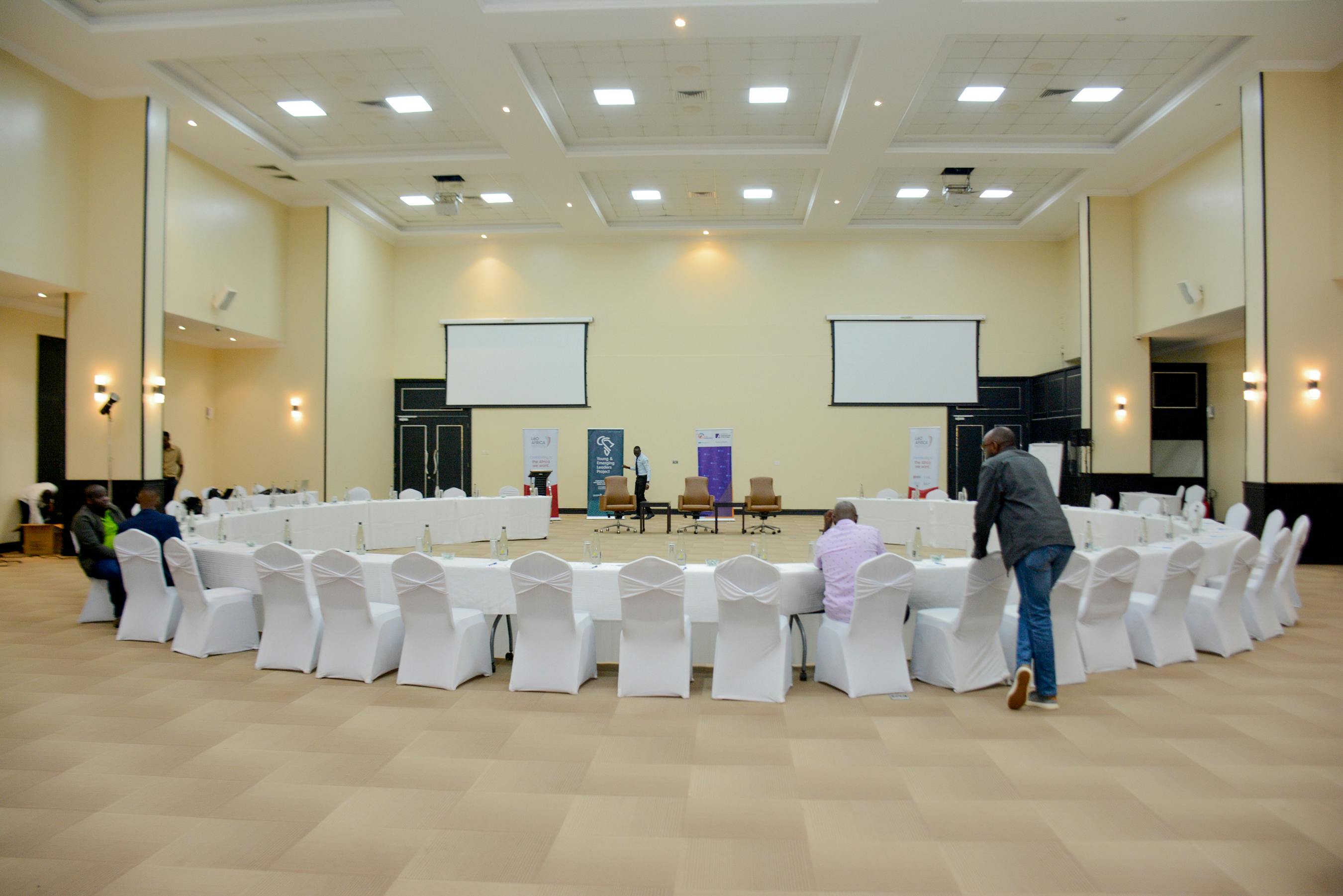The Griots, known as jeli or jalo in Manding languages, gewel in Wolof, or marok’a in Hausa, were West African poet-historians, musicians, and storytellers who served as the living archives of their communities’ histories, cultures, and values. Their profession, deeply rooted in West African societies such as those of the Mandinka, Wolof, Fulani, and Hausa, was hereditary, passed down through generations within specific families or clans. The LéO Africa Institute’s decision to name its 2025 Talks Cohort after the Griots reflects their enduring legacy as custodians of knowledge, mediators of conflict, and shapers of cultural identity—qualities that resonate with the institute’s mission to nurture transformative African leaders and storytellers.
Custodians of Oral Tradition
Griots were the primary keepers of oral tradition in West African societies, preserving genealogies, historical narratives, and cultural values through storytelling, poetry, and song. In communities where literacy was not widespread, such as among the Wolof of Senegal or the Mandinka of Mali, griots ensured that the histories of families, villages, and empires were not lost. They recounted epic tales, such as the Epic of Sundiata, which chronicles the founding of the Mali Empire, embedding moral lessons, cultural pride, and historical accuracy in their performances. These narratives were often accompanied by musical instruments like the kora (a 21-stringed harp), balafon (a wooden xylophone), or ngoni (a stringed lute), which enriched their storytelling with rhythm and melody.
The griot’s role extended beyond mere storytelling. They were educators, teaching younger generations about their heritage, values, and societal norms. For example, a griot might recite a family’s lineage to instill pride or narrate tales of bravery to inspire courage. Their ability to weave history with moral instruction made them indispensable in maintaining social cohesion.
Advisers, Diplomats, and Mediators
In addition to their role as storytellers, griots served as trusted advisers and diplomats to kings, chiefs, and noble families. In the courts of West African empires like Mali, Songhai, and Great Zimbabwe, griots were often attached to royal families, acting as confidants and chroniclers. They advised rulers on matters of governance, drawing on their extensive knowledge of history and tradition to offer context for decision-making. Their diplomatic skills were particularly valuable in times of conflict, as griots, respected for their neutrality and eloquence, could mediate disputes between warring factions or rival families. Their familiarity with all parties and their spiritual authority allowed them to initiate peace talks without fear of retribution.
For instance, in the Mandinka tradition, griots were known to defuse tensions by reciting proverbs or historical anecdotes that reminded conflicting parties of shared values or past alliances. This mediator role underscores why the LéO Africa Talks Cohort, which emphasizes leadership and dialogue, finds inspiration in the griot tradition.
A Hereditary and Endogamous Profession
Historically, the griot profession was hereditary, passed down within specific families or clans that formed an endogamous group, meaning griots typically married within their own caste. This ensured the preservation of their specialized knowledge and skills. Training to become a griot was rigorous, often beginning in childhood under the tutelage of a parent, uncle, or elder relative. Aspiring griots memorized vast repertoires of stories, songs, and genealogies, while mastering musical instruments and the art of poetic improvisation. This training could last decades, culminating in performers whose virtuosity was universally admired.
The griot profession was not exclusively male. Women, known as griottes, were equally skilled as storytellers, singers, and musicians. Griottes like the renowned Malian singer Fanta Sacko played significant roles in preserving oral traditions and performing at ceremonies. Their contributions highlight the inclusivity of the griot tradition, which aligns with the LéO Africa Institute’s commitment to empowering diverse voices.
Spiritual and Social Significance
Griots were believed to possess a unique connection to spiritual, social, and political realms. Their words were thought to carry transformative power, capable of shaping history, mending relationships, or invoking ancestral blessings. In many West African cultures, speech itself was considered a sacred act, and griots, as masters of oration, wielded this power with great responsibility. For example, a griot’s praise song could elevate a person’s status, while their satire could hold the powerful accountable, a practice that echoes modern forms of social commentary.
In village life, griots were omnipresent, documenting and narrating significant events such as births, marriages, funerals, and battles. At weddings, they might sing the genealogies of the bride and groom, linking their union to a broader historical and cultural narrative. Their performances were not merely entertainment but acts of cultural preservation and communal bonding.
Global Influence and Modern Relevance
The griot tradition has transcended its West African origins to influence global culture, particularly in the African diaspora. The storytelling and rhythmic speech of griots are widely recognized as precursors to modern hip-hop and spoken-word poetry. Artists like Dave Chappelle, who has described himself as a “griot,” and rappers like Yasiin Bey (Mos Def) draw parallels between their craft and the griot’s role as a cultural commentator and storyteller. The griot practice of speaking or singing to rhythm, often with social or political messages, is evident in hip-hop’s emphasis on lyricism and storytelling, earning modern rappers the moniker of “postmodern griots.”
In contemporary West Africa, griots continue to play vital roles at cultural events, political gatherings, and media platforms. For example, Malian griot Bassekou Kouyaté has gained international acclaim for blending traditional ngoni music with modern genres, while Senegalese griottes like Fatou Guewel use their platform to advocate for social change. The griot’s adaptability to modern contexts—through radio, television, and digital media—demonstrates their enduring relevance.
The Griot Legacy and the LéO Africa Talks Cohort
The LéO Africa Institute’s decision to name its 2025 Talks Cohort after the griots is a powerful nod to their role as storytellers, mediators, and leaders. Like griots, the cohort’s fellows are expected to preserve and share Africa’s diverse narratives, foster dialogue, and inspire positive change. The griot tradition embodies the qualities of leadership, cultural stewardship, and community engagement that the institute seeks to cultivate in its fellows. By honoring the griots, the LéO Africa Talks Cohort celebrates the power of storytelling to shape identities, resolve conflicts, and build a brighter future for Africa.
In a world increasingly driven by digital communication, the griot’s legacy reminds us of the timeless value of oral tradition and human connection. Whether through a kora melody in a Senegalese village or a keynote speech at a LéO Africa event, the spirit of the griot continues to inspire, educate, and unite.




